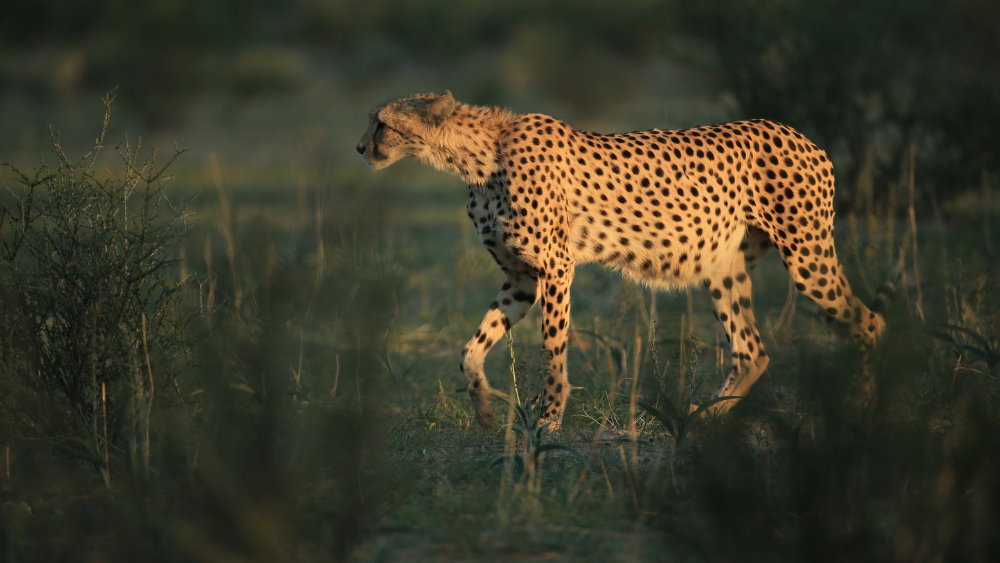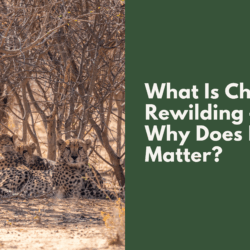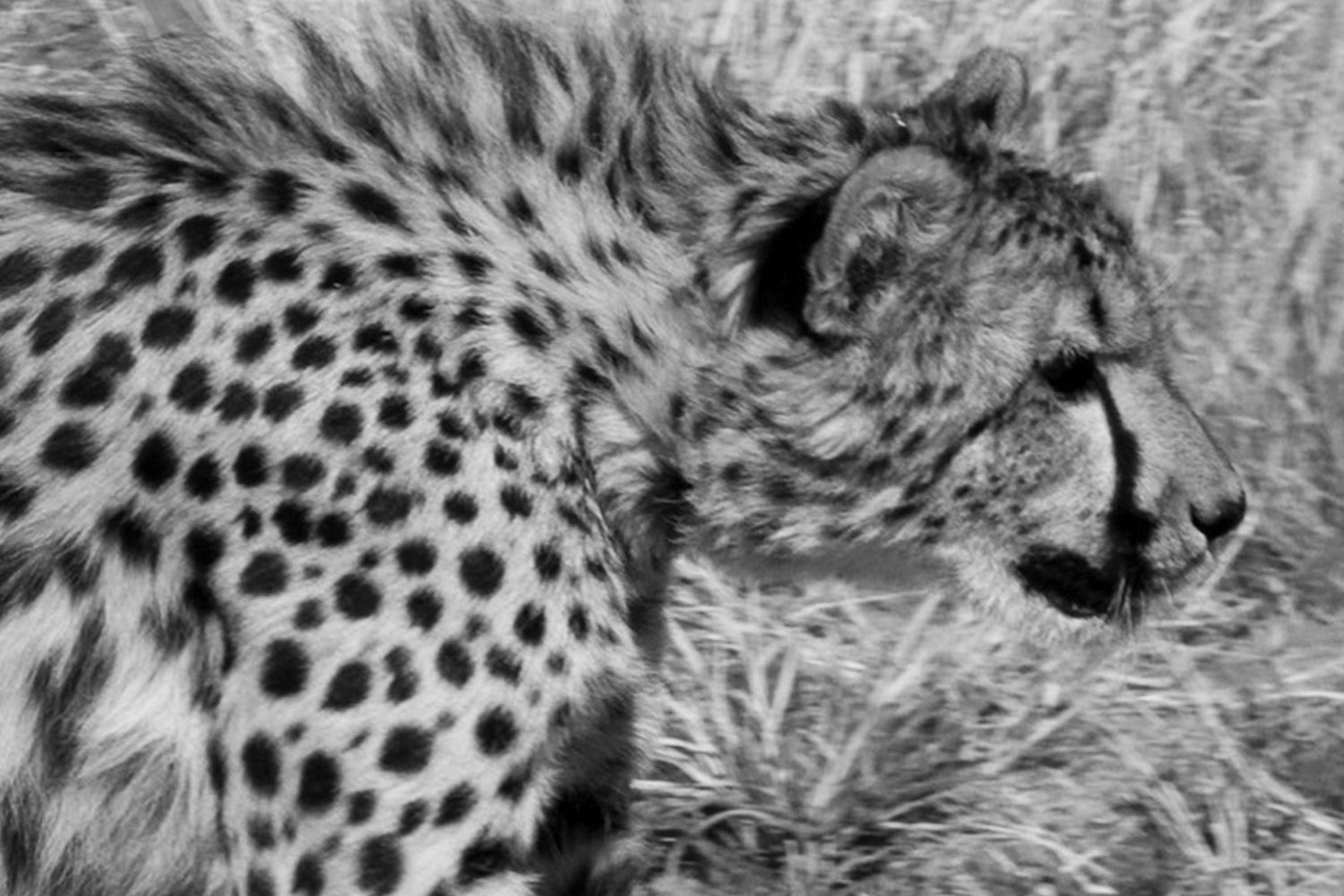How could climate change affect cheetahs?
-

- by Zila Oliveira 3 June 2024

In the relentless race against climate change, even the world’s fastest animal, the cheetah, faces a daunting challenge. Experts assert that rising temperatures profoundly impact cheetah populations, compelling these iconic creatures to alter their behaviour and adapt to the nocturnal realm.
A recent study, published in the journal Biological Sciences, sheds light on the intricate interplay between temperature shifts and the activities of large carnivores in Africa, which include lions, leopards, cheetahs, and African wild dogs. In addition, researchers from the University of Washington delved into the effects of temperature on the activity patterns and overlaps of these formidable species.
The wildlife biologist Kasim Rafiq, the study’s lead author, revealed that increasing temperatures prompt most species to adopt more nocturnal behaviour, heightening competition among predators. The most striking transformation occurs in cheetahs, traditionally diurnal creatures, as they exhibit a pronounced shift toward nocturnally in warmer conditions, leading to increased interactions with other carnivores.
The risks of climate change for wild animals
To gather this crucial data, researchers placed high-resolution GPS tracking collars on the animals in 2011. The findings exposed a concerning trend: during periods of elevated temperatures, cheetahs, typically active during the day, adjust their schedules, resulting in more frequent overlaps with lions. This behaviour poses problems given the inherent conflicts among lions, cheetahs, leopards, and African wild dogs that share territories and resources.
The established hierarchy reveals a harsh reality—larger species, such as lions, tend to dominate smaller ones, often resulting in injuries or fatalities. For instance, if a cheetah secures a kill, a lion may seize the opportunity to steal the prey. This power dynamic underscores how climate change forces smaller predator species to adapt their behaviours to avoid confrontations with larger, more competitive counterparts.
An urgent call
While numerous studies have explored the impact of climate change on various species, limited research has focused on larger creatures, especially big cats. The scarcity of data, attributed to the difficulty of long-term data collection, underscores the urgency of addressing this critical gap in our understanding.
The revelations from this study emphasize that climate action is not merely a human imperative; it is an urgent necessity for the survival of wildlife, including the magnificent cheetahs. As Earth’s climate continues to evolve, the resilience and adaptability of these iconic species become paramount considerations in the broader conversation about safeguarding our planet’s biodiversity.
CCF has different programmes to protect cheetahs habitats. If you want to make the difference, consider making a donation to help us to keep protecting our ecosystems and biological diversity, donate now.
Related Reading
-
10 February 2026
Women Shaping the Future of Science at the Cheetah Conservation Fund





